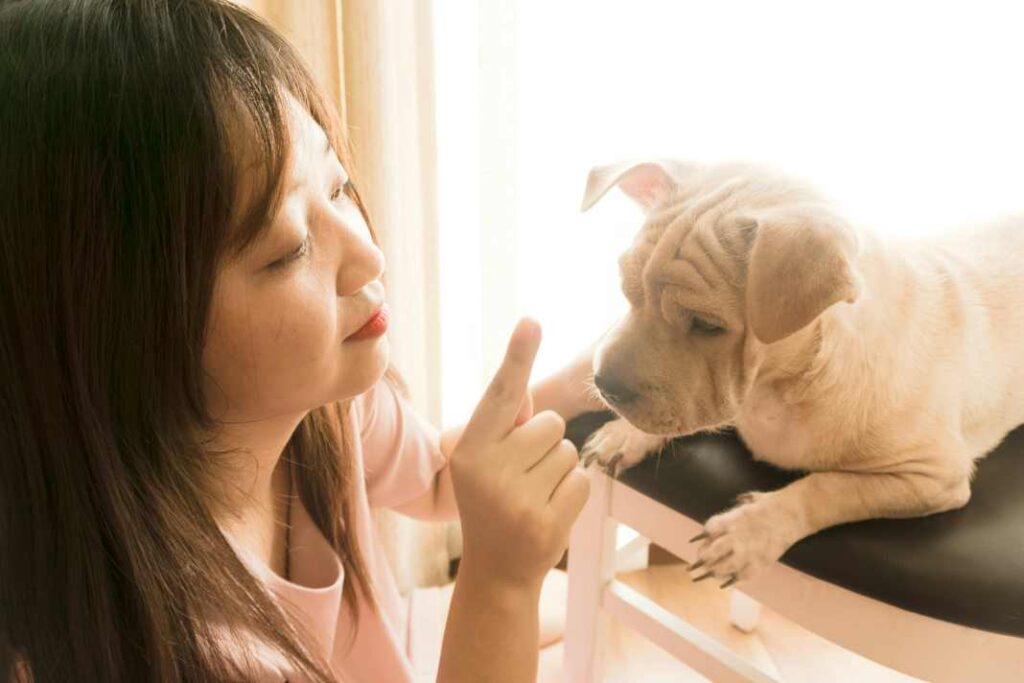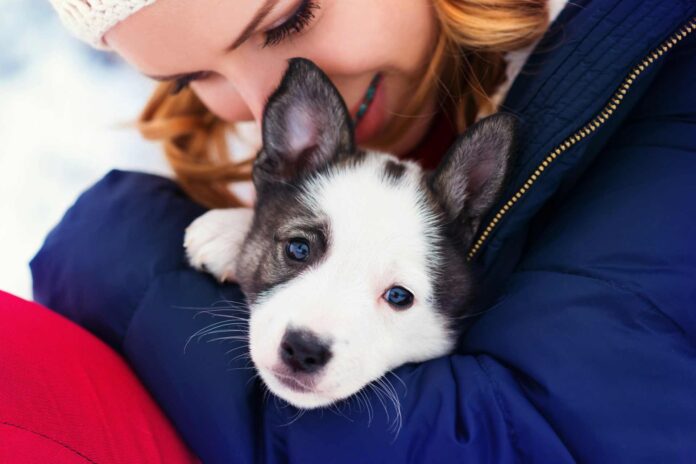Discover the top 5 puppy training secrets to ensure a well-behaved pet through positive reinforcement, consistency in training, socialization, crate training benefits, understanding puppy behavior, and providing exercise and mental stimulation.
Overview of Top 5 Puppy Training Secrets for a Well-Behaved Pet
Welcoming a new puppy into your home is an exciting journey that comes with its unique set of challenges. Training a puppy requires patience, understanding, and a consistent approach. To help you navigate through the puppy training process, we’ve compiled the top 5 puppy training tips.
These tips are designed to foster obedience, promote good behavior, and build a strong, loving bond between you and your furry friend.
Importance of Positive Reinforcement
Positive reinforcement is a cornerstone of modern puppy training. This method involves rewarding your puppy for good behavior, which encourages them to repeat those actions in the future. For instance, if your puppy sits when asked, giving them a treat or verbal praise reinforces that sitting on command is a desirable action.
This approach not only strengthens the bond between you and your puppy but also promotes a positive learning environment. Contrarily, punitive measures can lead to fear, anxiety, and even aggression, making it crucial to focus on rewards rather than punishment.

Consistency in Training
Consistency is key in every aspect of puppy training. From the commands you use to the schedule you follow, maintaining a consistent approach ensures your puppy understands what is expected of them. For example, using the same word for a command, like “sit,” every time you want your puppy to sit helps them learn faster.
Likewise, sticking to a regular training schedule reinforces these commands and behaviors. Consistency also applies to the rules you set for your puppy; if jumping on the couch is not allowed, this rule should be enforced at all times to avoid confusing your puppy.

Socialization for a Well-Adjusted Pet
Socialization plays a vital role in raising a well-behaved pet. Exposing your puppy to various people, animals, and environments from an early age helps them become more adaptable and less fearful in different situations.
For instance, taking your puppy to a dog park where they can interact with other dogs and people can significantly improve their social skills. A well-socialized puppy is less prone to developing behavioral issues such as aggression, anxiety, and fear-related behaviors later in life.
Crate Training Benefits
Crate training is another essential aspect of raising a well-behaved puppy. It provides your puppy with a safe and comfortable space that mimics their natural denning instinct. When used correctly, a crate can aid in housebreaking, as dogs typically avoid soiling their sleeping area.
It can also prevent destructive behaviors by keeping your puppy confined when unsupervised and help manage separation anxiety by offering a secure retreat. Remember, the crate should always be associated with positive experiences, never used as a punishment.
Chewing, biting & exploring are all normal developmental stages, not problems.
Understanding Puppy Behavior
Understanding your puppy’s behavior is crucial for effective training and addressing any issues that may arise. Puppies naturally exhibit behaviors such as chewing, biting, and exploring their environment. Recognizing these as normal developmental behaviors rather than problematic ones allows you to redirect them positively.
For example, if your puppy is chewing on furniture, offering them a chew toy instead can help satisfy their need to chew while keeping your belongings safe. Patience and consistency are paramount when guiding your puppy through these learning experiences.
Exercise and Mental Stimulation
Regular physical exercise and mental stimulation are essential for your puppy’s overall well-being. Engaging activities such as walks, playtime, and interactive games not only help expend their energy but also prevent boredom and destructive behaviors.
For instance, puzzle toys that dispense treats can provide mental stimulation and keep your puppy occupied. Additionally, incorporating training exercises into playtime can further tire out your puppy’s mind, making them more relaxed and better behaved.
Conclusion: Achieving a Well-Behaved Pet
Raising a well-behaved puppy is a rewarding experience that requires early, consistent training, and a lot of patience. By implementing the top 5 puppy training tips, you can establish a strong foundation for your puppy’s behavior and obedience.
Remember, training is an ongoing process that builds on mutual respect and understanding, leading to a harmonious and loving relationship with your pet. Stay positive, be patient, and enjoy the journey of growing together with your furry companion.




